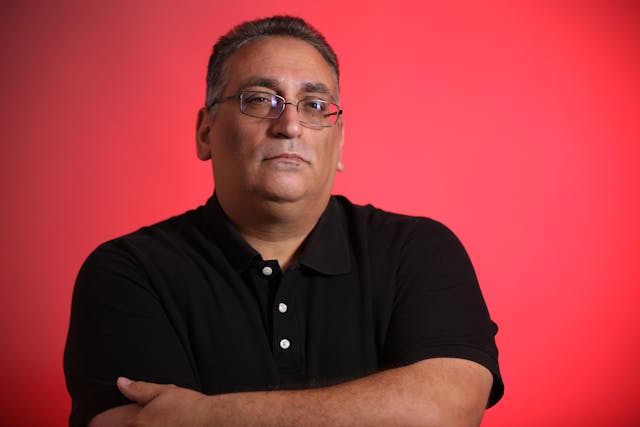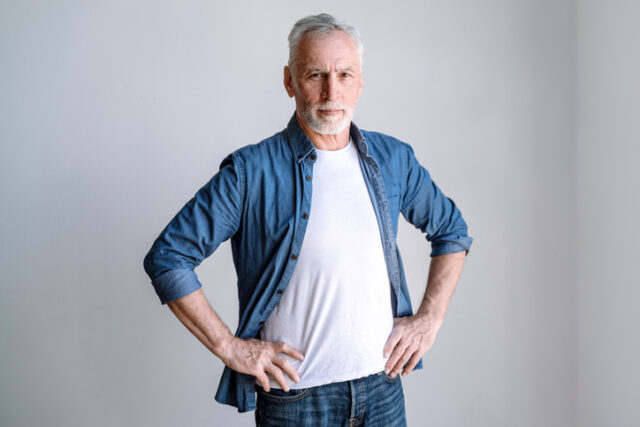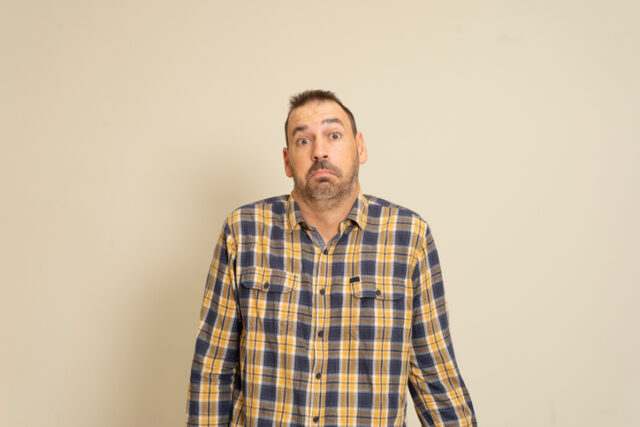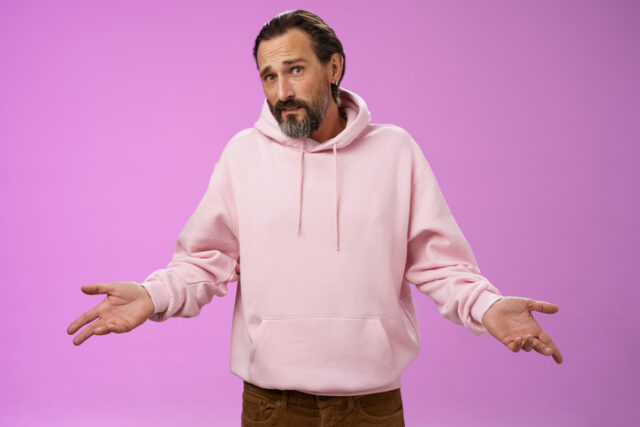Most people love a good mystery, but there’s a point where healthy curiosity turns into… let’s say, creative storytelling.

Sure, you can’t always take everything at face value, and it pays to question the status quo, but there’s a big difference between looking deeper and believing conspiracy theories that are so wild, they truly beggar belief. If someone’s convinced by these theories, they might not be totally on speaking terms with reality.
1. “The government’s hiding the cure for cancer.”

It’s a popular one—people imagining there’s a miracle cure being kept under wraps to keep the pharmaceutical industry going. But considering how many countries, scientists, and research teams are involved, the idea of them all keeping it quiet just doesn’t hold up. It reflects more about people’s frustration with the health system than real evidence. The truth is far messier—and a lot less coordinated—than a global cover-up.
2. “All influencers are part of some secret media agenda.”

Yes, influencer culture can be exhausting. However, believing every popular creator is part of a coordinated plan to brainwash people might be a stretch. Most are just chasing views, not executing media psy-ops. This theory comes from distrust in modern advertising and algorithm-driven content, but it skips over the far more boring truth: people are just trying to stay relevant online.
3. “Supermarkets rig their layouts to psychologically manipulate us.”

This one’s technically based in marketing strategy, but some people take it to a wild place, claiming supermarkets use subliminal tactics to “control your brain” as you shop. There’s definitely planning involved, but it’s not mind control—it’s just marketing trying to make you walk past biscuits. Annoying? Yes. Sinister conspiracy? Not quite.
4. “Weather presenters know more than they let on.”

Some believe meteorologists have access to “real” forecasts but tone them down to avoid panic or political fallout. In reality, forecasting is guesswork with science attached, not some secret government script. If you think they’re lying about a thunderstorm, chances are you’re just still annoyed about that one barbecue that got rained off five years ago.
5. “Certain brands use addictive chemicals to keep people hooked.”

While companies definitely want repeat customers, some people swear brands add mystery chemicals to fast food or fizzy drinks to create literal addictions. There’s usually no real proof—just vague suspicions and a lot of TikToks. The truth? Salt, sugar, and nostalgia do plenty of work without the need for secret formulas.
6. “All major events are planned years in advance by secret elites.”

This vague theory gets applied to everything—elections, natural disasters, celebrity scandals. It’s the idea that nothing is random, and everything’s part of a bigger plot. It’s appealing because it makes the world feel less chaotic. But real life is messy, unpredictable, and full of human error, not some perfectly executed shadow plan.
7. “There’s a celebrity clone factory.”

This one comes up every time a celebrity looks slightly different or takes a break from the spotlight. Suddenly, people are convinced it’s not really them anymore. It’s not about science; it’s just our obsession with fame mixed with social media rumours. People change. Makeup changes. Conspiracy not required.
8. “Big Tech is always listening, even when your phone’s off.”

Lots of people swear their phone is spying on them when they talk about a product and then see an ad for it. While some data tracking is very real, full-on audio surveillance through “off” phones is far less likely than people think. Chances are the algorithms just know you a bit too well—and that’s creepy enough without assuming the phone’s whispering to the ad team.
9. “Celebrity deaths are faked to escape fame.”

This theory pops up constantly—someone famous dies, and people are suddenly convinced they’ve faked it all to live quietly in disguise somewhere tropical. It might be comforting to think some stars are still out there, but most of the time, it’s just our collective struggle with losing cultural icons. Grief often fuels this one more than logic does.
10. “Major sports games are rigged by higher powers.”

Every time a match doesn’t go someone’s way, out comes the idea that it was all fixed by the league, the refs, or some betting syndicate. Sure, there are occasional scandals in sports—but the idea that every big game is pre-planned just doesn’t hold up. Sometimes your team just had a bad day.
11. “The media picks one story to distract you from the ‘real’ one.”

This theory shows up all the time on social media. One big headline hits, and people start saying, “what are they trying to distract us from?” While media focus is definitely selective, it’s not always a cover-up. Sometimes it’s just one big story dominating the news cycle because it actually matters to a lot of people.
12. “AI is already secretly running the internet.”

With AI evolving fast, some people are convinced that most of what we see online—news, videos, conversations—is already generated by machines behind the scenes. While AI’s role is growing, it’s not secretly running the show. Yet. But people’s fear of the unknown makes it easy to assume it’s already taken over, when in reality, it’s still learning how to spell basic words right.
13. “Hollywood drops secret messages into films.”

From Disney to Marvel, people love decoding what they think are secret messages planted for hidden agendas. Sometimes it’s a director’s inside joke; other times, it’s just coincidence and imagination doing the heavy lifting. If everything’s a clue, nothing really is. But decoding fiction like it’s a puzzle is more fun than reading actual news, so it sticks around.
14. “Everyone’s in on something except me.”

This one’s not a theory so much as a feeling—a constant low-level suspicion that there’s a secret truth out there and everyone else is either part of it or too blind to see it. It can start with a few internet rabbit holes and turn into a whole worldview. But when every little thing becomes a clue, it usually says more about what someone needs to feel safe than what’s actually true.




